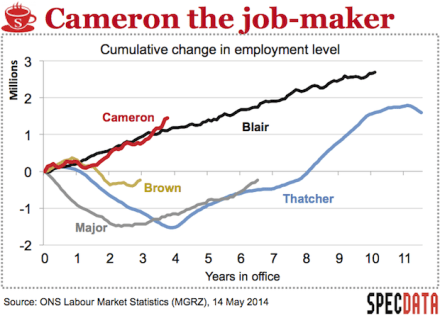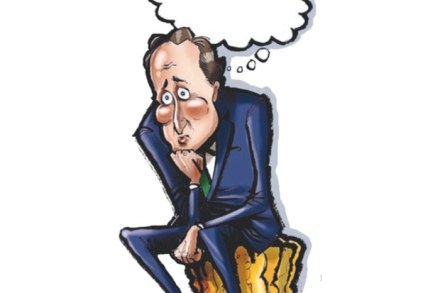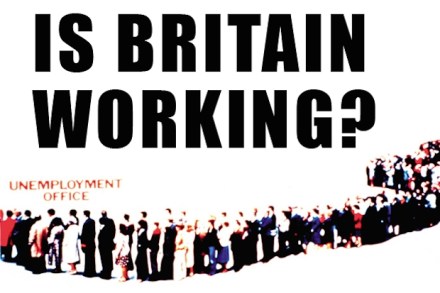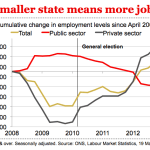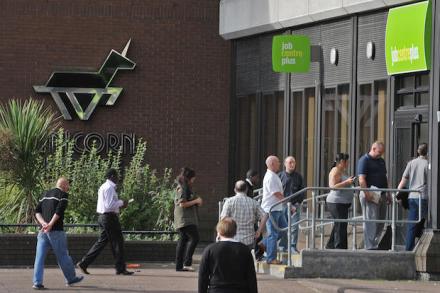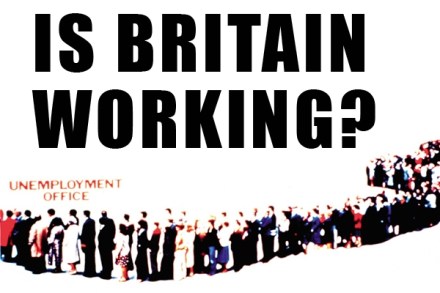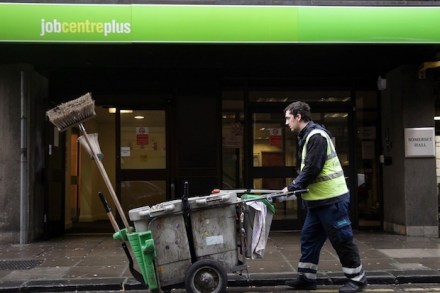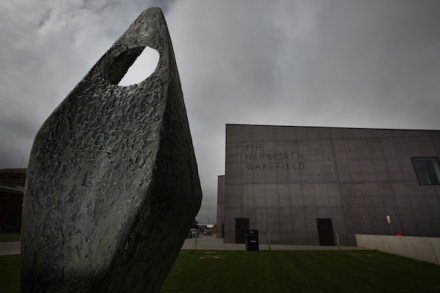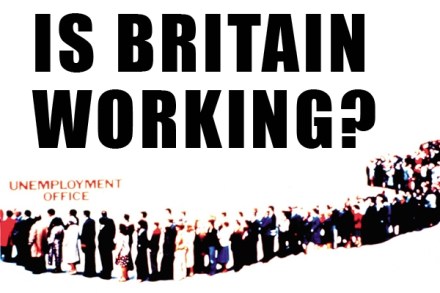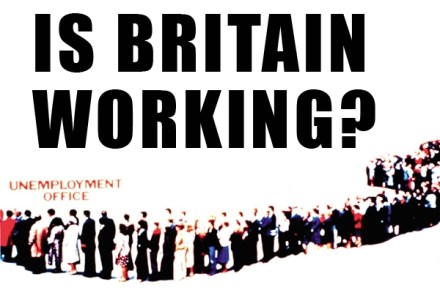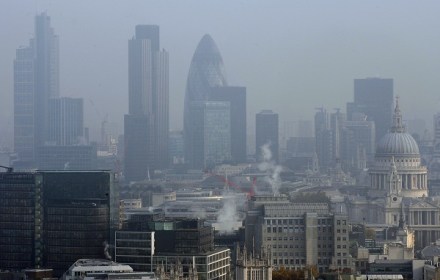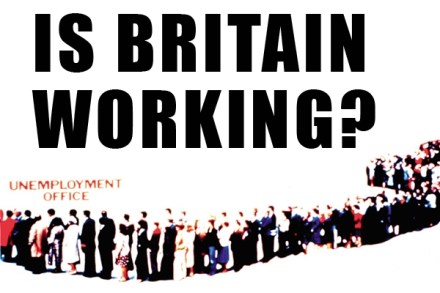The British jobs miracle – explained in five graphs
The British jobs miracle continues – and in ways that continue to surprise. Your CoffeeHouse baristas have been crunching the numbers. They’re startling in a number of ways. For example:- 1. David Cameron’s record at job creation is better than any of his last four predecessors – including Tony Blair in a boom. See chart above. 2. Jobs are being created so quickly that even the March Budget prediction is out of date. The above graph shows a dotted line, indicating the OBR projections. The thick red one, above, shows that we’re already ahead. 3. British citizens are being hired Not always the same as British-born, you understand, but those holding a British
